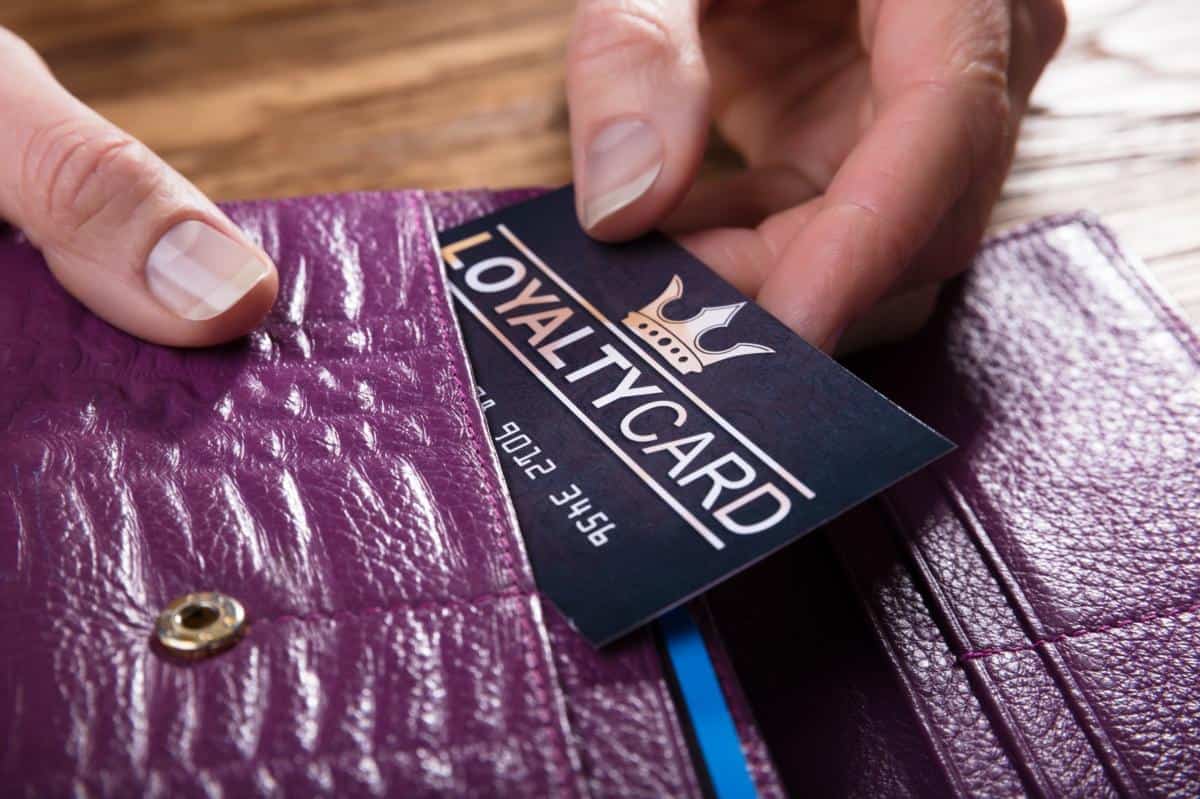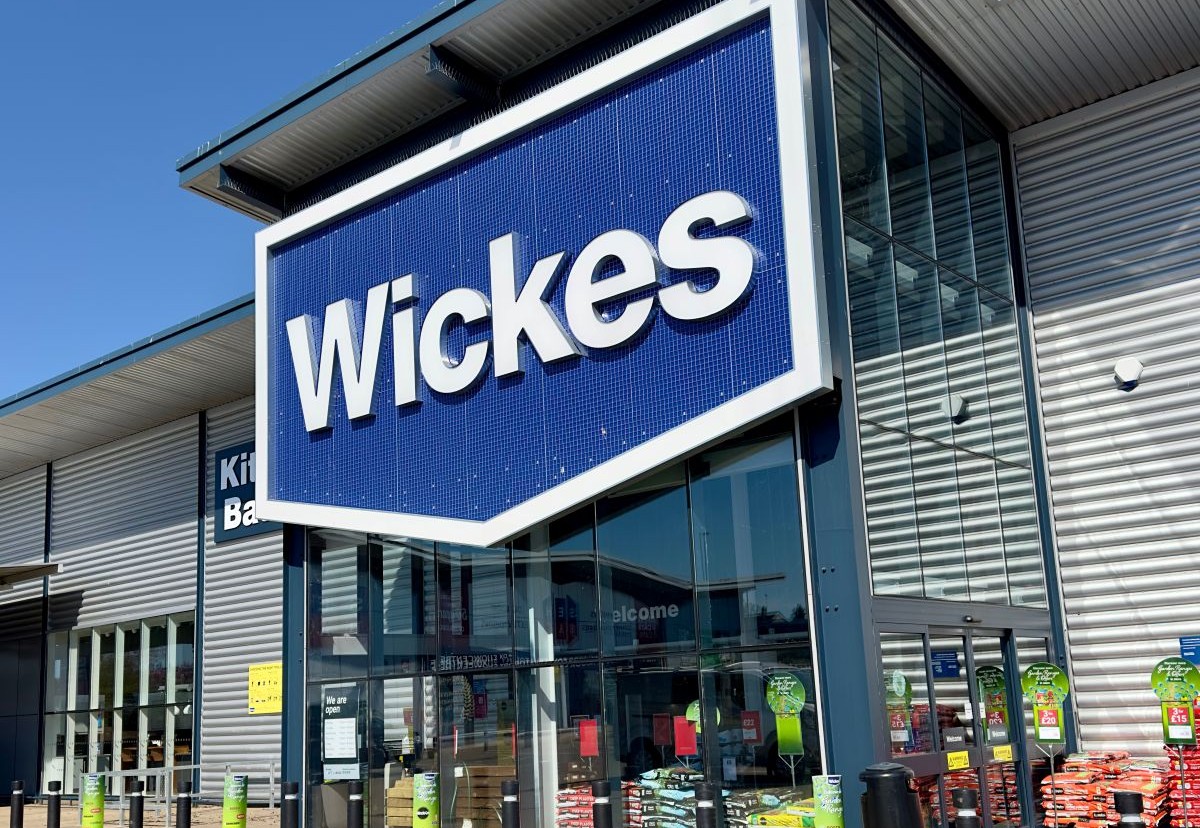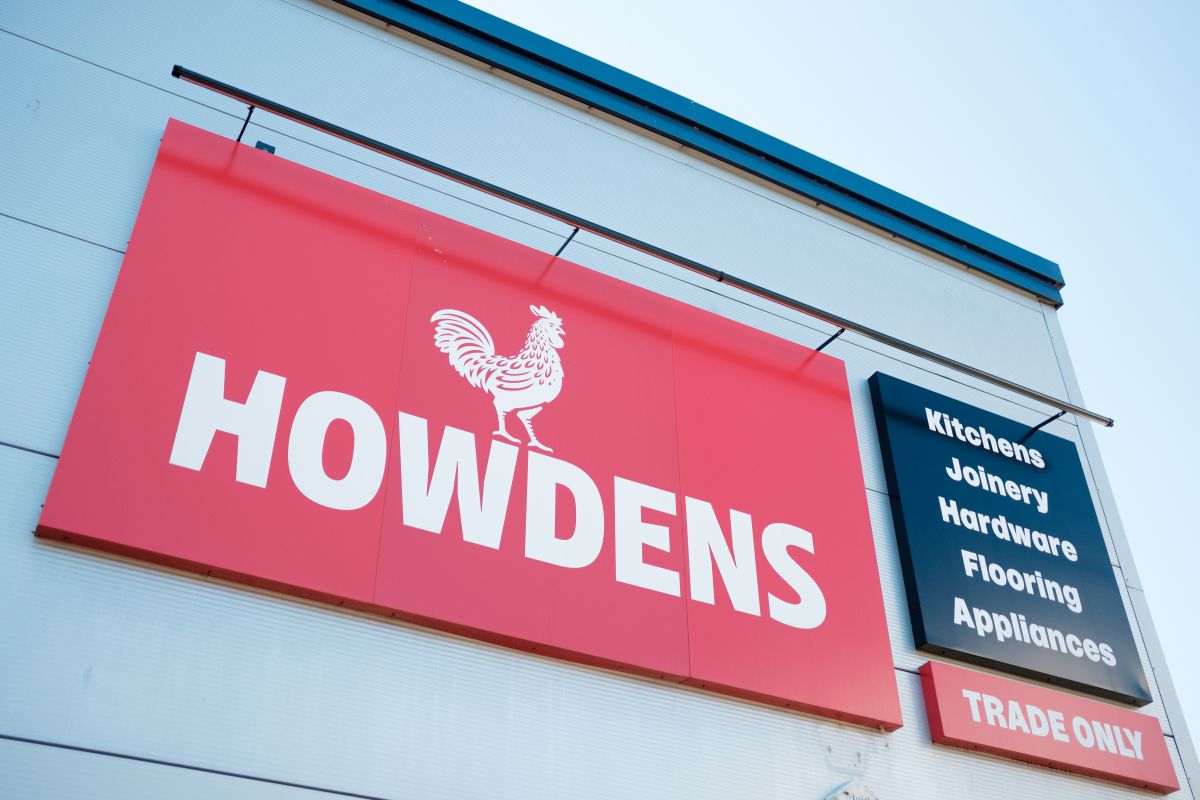More than half (56%) of UK consumers feel they are in a worse financial position this year compared to a year ago, with 84% of them saying they already feel that they are living in a recession – well above the global average of 62%.
According to data in NIQ’s Consumer Outlook 2023 – the latest global NielsenIQ Thought Leadership report capturing the mindset and sentiment of consumers in France, Germany, Italy, Spain, UK, Poland, South Africa, Saudi Arabia, Egypt and Turkey – 74% of total global respondents say that increased costs of living are to blame for their recent financial struggles. This figure rises to 83% for the UK. Meanwhile, 34% of Brits state they are worse off due to the economic slowdown.
Increasing utility bills, such as electricity, gas and heating (54%) is the biggest concern for UK consumers over the next 12 months. This is more than double the average (22%) of those surveyed globally. Utilities (67%) is also the top category UK shoppers expect to spend more on in 2023, followed by grocery and household (40%) and transport costs (34%).
The analysis highlights that out-of-home dining/eating (51%), clothing and apparel (48%) and out-of-home entertainment (45%) are the top three areas where UK shoppers are looking to cut back on over the next 12 months.
In terms of strategies to manage expenses, 34% of Brits plan to monitor the cost of their overall basket of goods, as well as shop at stores with loyalty points (34%) and opt for private label/store brands (31%).
Only 12% of UK consumers surveyed said they would stick to their regular brands, irrespective of price, while just 11% state they have not changed the way they shop at all.
For 46% of surveyed global consumers, financial health and job security are on par with mental and physical wellness as the leading areas of greater importance. For the UK, mental (31%) and physical (30%) health are most important, followed by financial/job security (28%), saving for unforeseen circumstances (28%) and planning for the future (28%).
“In line with figures of mid-year 2023, consumers feel financially pressured compared to a year ago, but resilience is evident,” says Lauren Fernandes, Global Director, NIQ Thought Leadership. “A look at the consumer wallet for the year ahead proves that people are committed to maintaining or even growing their spending on categories they feel will propel them toward health and prosperity in the longer term. And to the benefit of consumer goods brands across the world, grocery and household items are among the top categories consumers plan to spend more on this year.”
Fernandes adds: “What is setting the spending tone for the year? It’s very expected that financial and/or job security have risen to the forefront, but interestingly, mental and physical wellness haven’t lost any lustre. But we can’t forget that within this “trifecta” of priorities, our financial wellness is often what feeds our ability to service and nurture mental and physical health. As a result, the financial focus of today’s consumer outlook comes to the forefront.”








